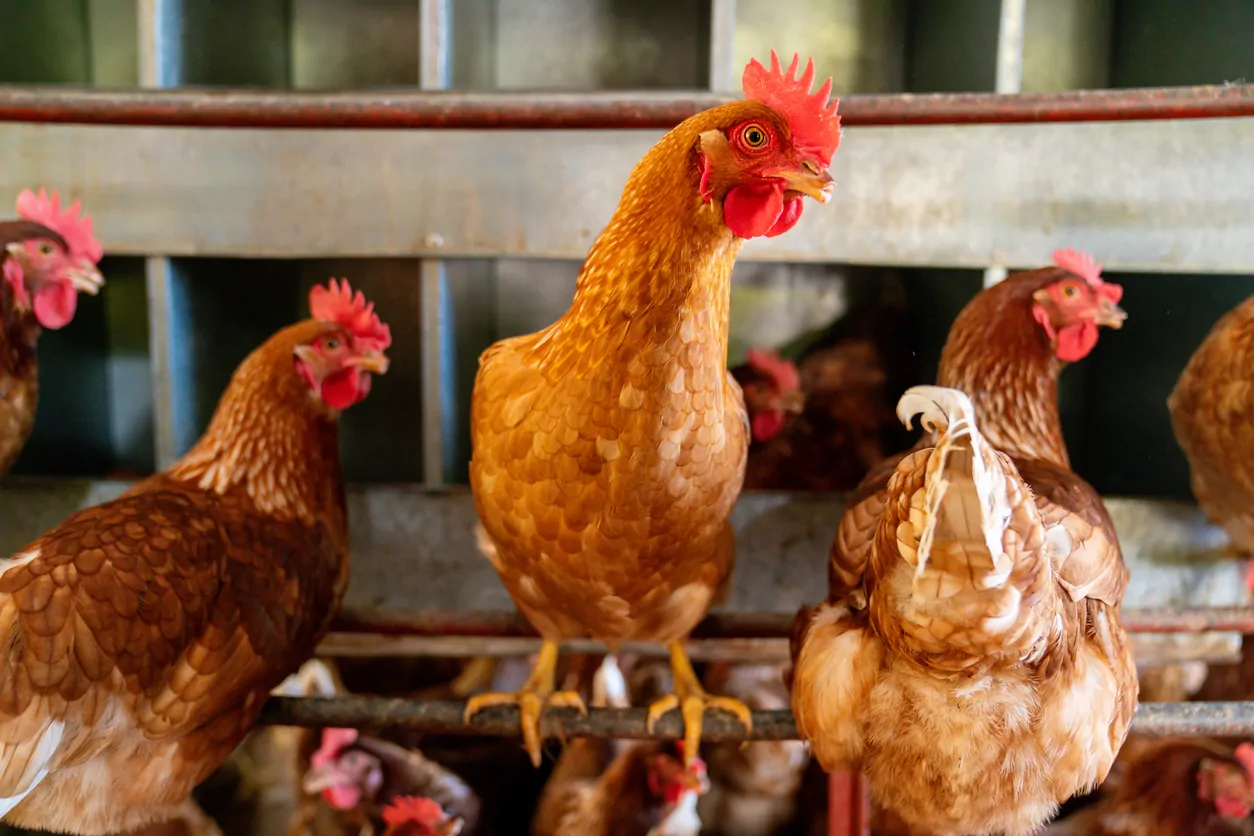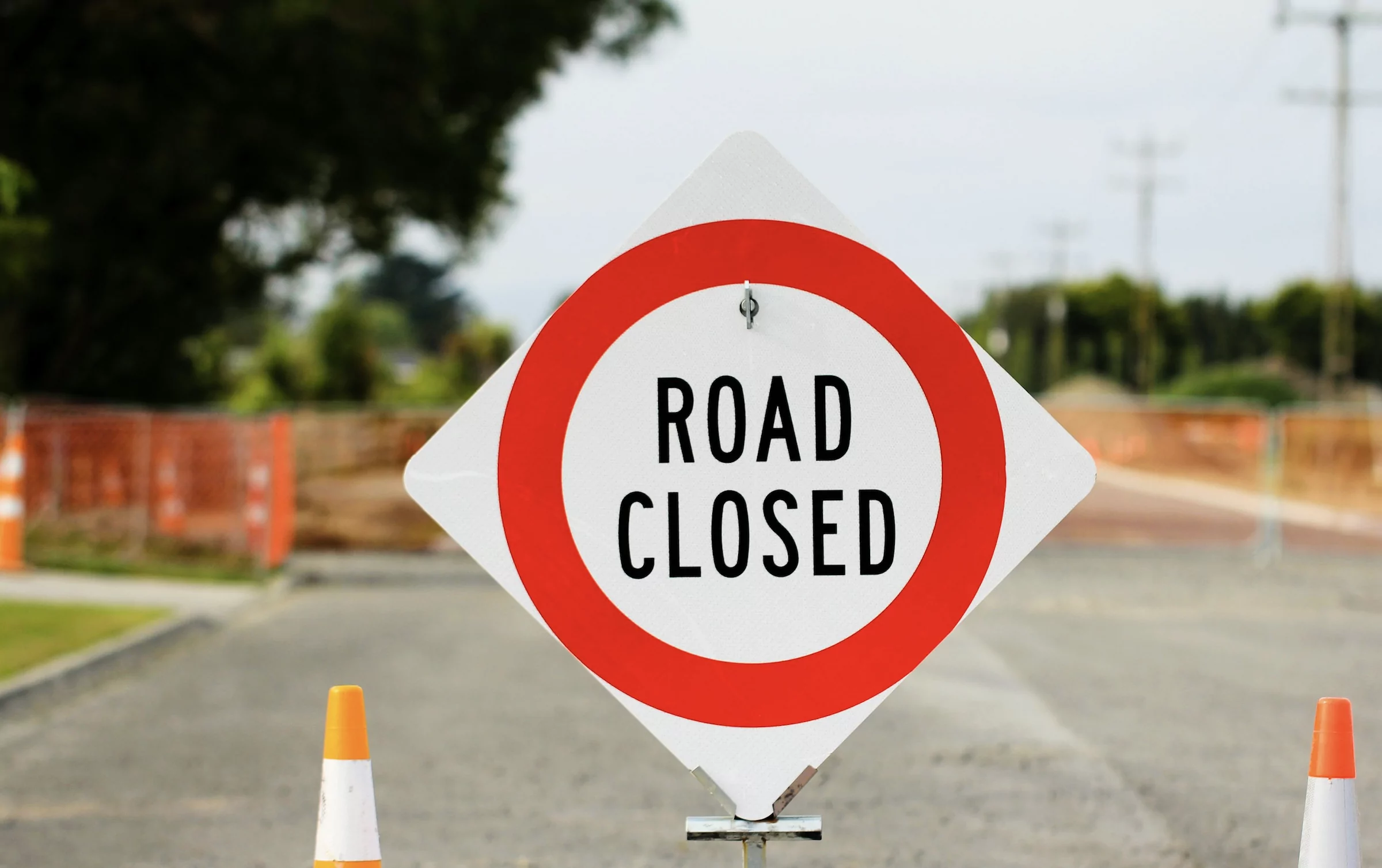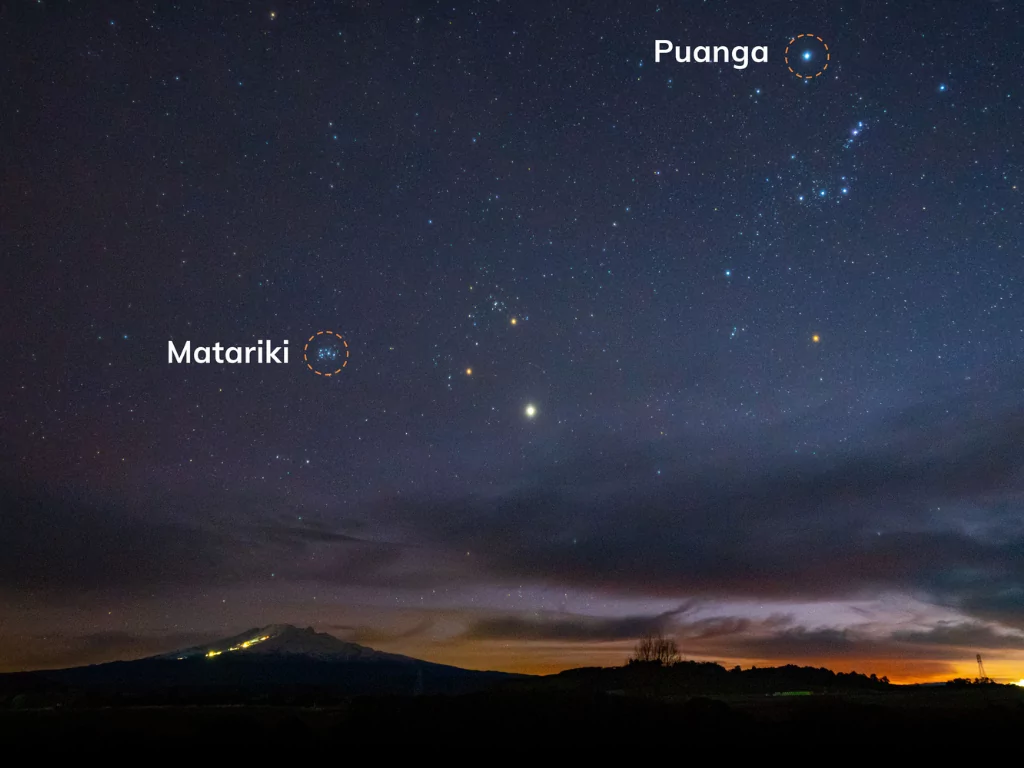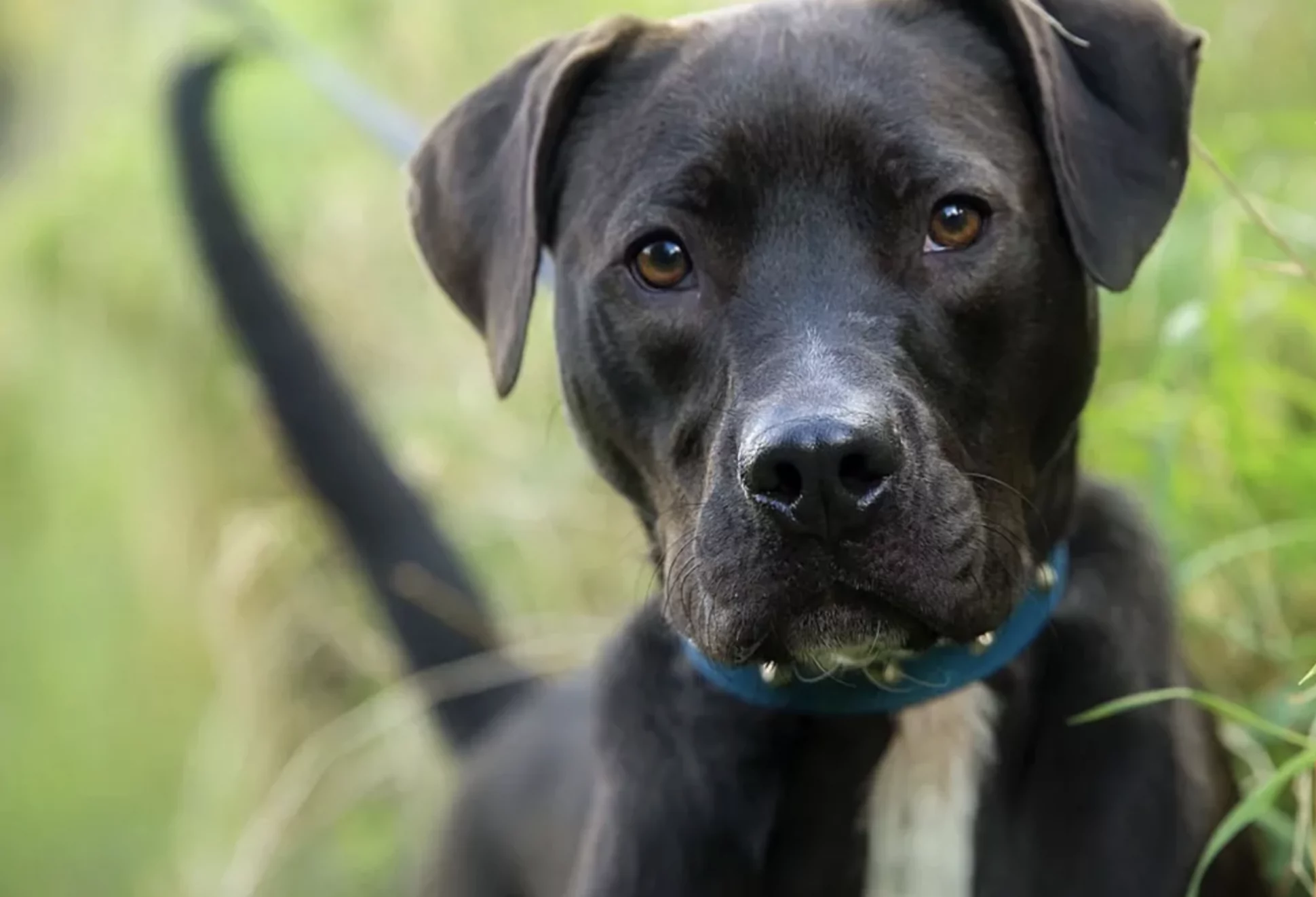Biosecurity New Zealand has intensified efforts to contain a high pathogenic strain of avian influenza, H7N6, detected on a commercial egg farm in rural Otago.
Deputy Director-General Stuart Anderson confirmed the culling of chickens at Mainland Poultry’s egg farm began today, following the discovery of the H7N6 subtype in two sheds. The operation, supported by Biosecurity New Zealand, involves the humane euthanasia of approximately 80,000 chickens using CO2 containerised gas.
“This cull, conducted using industry-standard practices, is expected to take two to three days,” said Anderson. “The carcasses and litter will be transported to a secure landfill in Southland, which is specifically equipped to handle this type of waste.”
In addition to the culling at Mainland Poultry, a restricted place notice has been issued for a small free-range poultry farm near Dunedin. The farm, housing 6,000 birds, has reported several deaths, and testing is underway to determine if the avian influenza has spread.
“This property is not owned by Mainland Poultry, and we are investigating potential links between the two sites,” said Anderson.
Contract tracing has indicated limited movement between Mainland Poultry’s affected farm and other poultry operations in the area. Rigorous testing continues at the affected property and other locations of interest.
The affected birds’ carcasses will be disposed of in a deep, sealed pit at a Southland landfill, with strict precautions in place to prevent environmental contamination. The landfill will remain closed to the public during this process.
“The disposal process includes impermeable layers and routine monitoring to ensure there is no leaching into the environment,” Anderson explained.
Anderson reassured the public that the risk to human health remains low and there are no concerns about food safety.
“Avian influenza viruses are killed by cooking, so it remains safe to eat thoroughly cooked egg and poultry products,” he said. “Raw eggs have always been considered a high-risk food, and our advice remains to avoid consuming or serving raw eggs, particularly to those with compromised immune systems.”
A 10-kilometre buffer zone around Mainland Poultry’s affected farm has been designated an enhanced surveillance zone. Biosecurity New Zealand is increasing its presence on the ground and has established a regional control centre in Otago to manage the response.
Over 100 staff across the Ministry for Primary Industries (MPI), including veterinarians, biosecurity officers, and food safety specialists, are involved in the operation, with numbers expected to grow as the situation develops.
“Biosecurity New Zealand is committed to rigorous testing and monitoring in the coming days and weeks,” Anderson said. “We will continue to take decisive action to protect public health and the poultry industry.”









